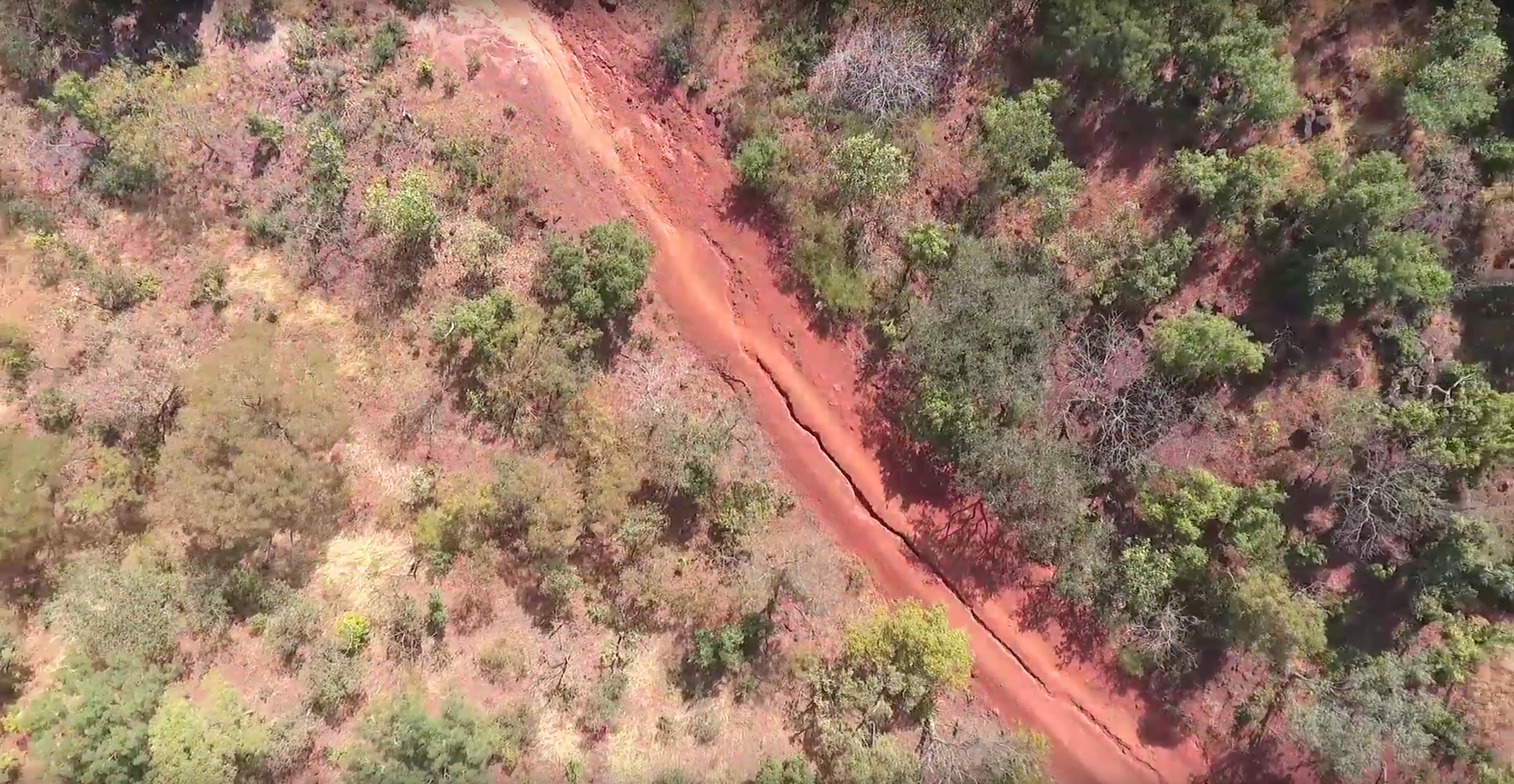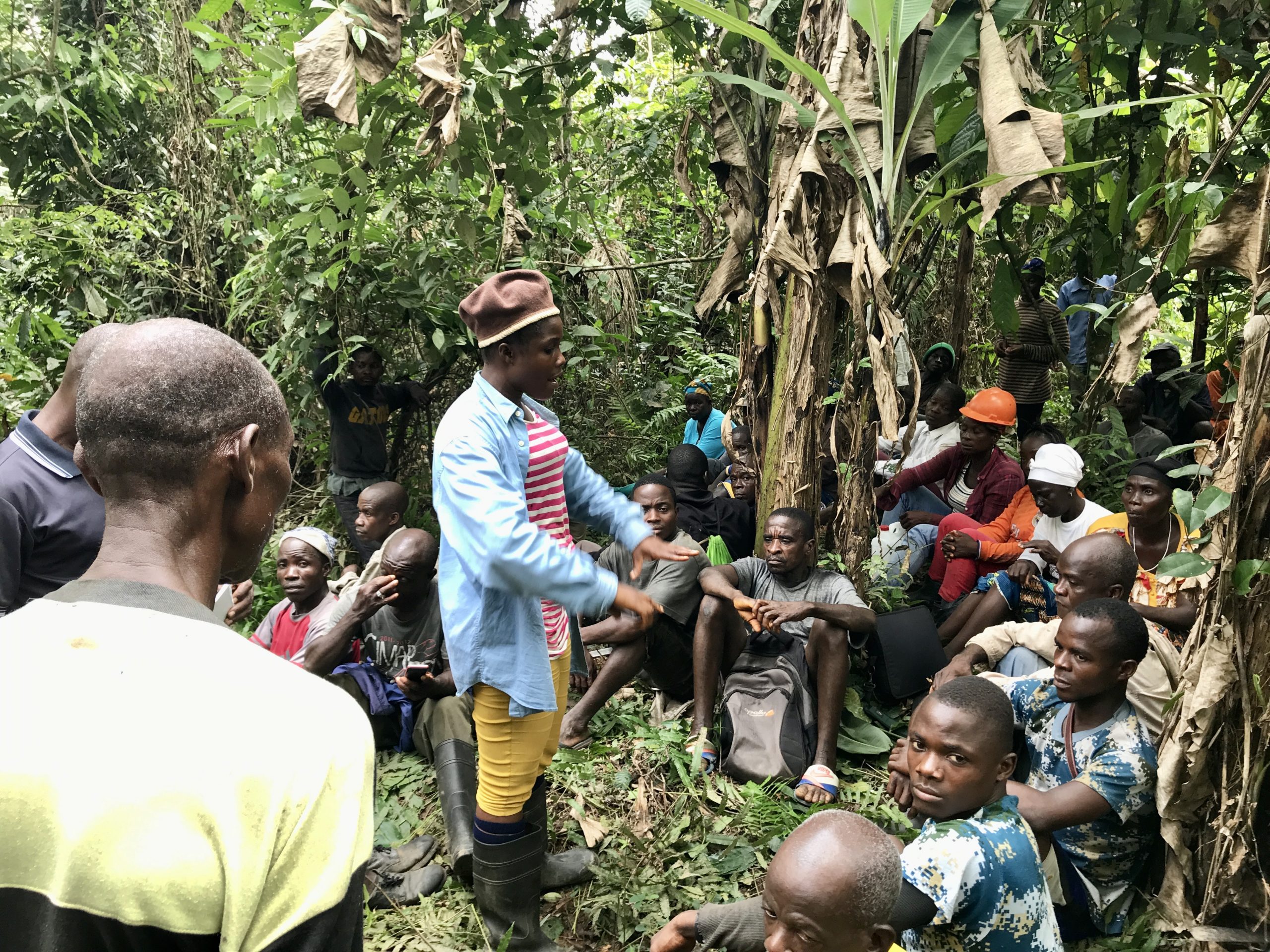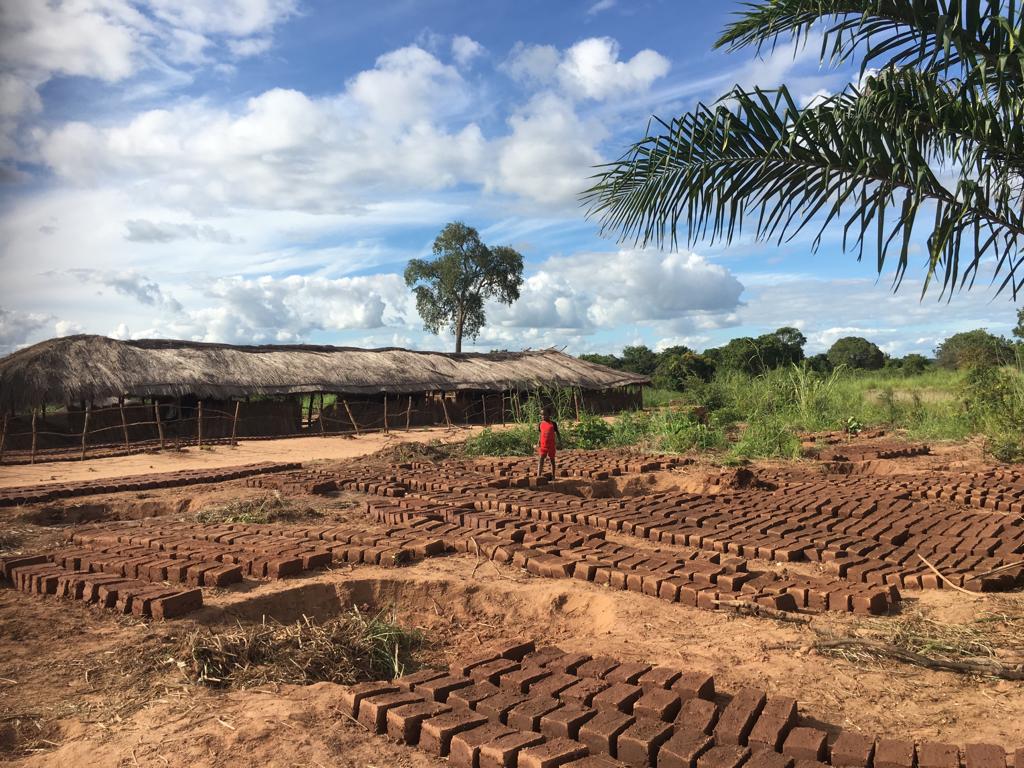2020-07-16
Written by Mohamed Adow
In Africa, Indigenous Peoples and local communities occupy large tracts of land, stretching from the west, through the central African forests to our continent’s Indian Ocean coast.
Despite their humble, simple, and conservative lifestyles, and the important service they provide in protecting forest habitats and therefore taming the effects of climate change, Indigenous Peoples continue to face persecution.
These citizens from countries all throughout Africa and the world are some of the most vulnerable to climate change, despite the fact that they have lived in harmony with nature, with some of the lightest carbon footprints on the earth. In fact, they help significantly in the conservation of tropical and rainforests which absorb most the carbon we emit through our so called ‘development’ activities.
Deforestation is a major source of CO2 emissions, and needs to be reduced and ultimately stopped, and equally increasing forest biomass, especially of humid tropical forests such as the Congo basin, is key to ‘capture’ atmospheric carbon.
"Citizens from countries all throughout Africa and the world are some of the most vulnerable to climate change, despite the fact that they have lived in harmony with nature, with some of the lightest carbon footprints on the earth."

For this reason, it’s critical that Indigenous Peoples are supported to protect the world’s remaining natural forests and biodiversity; reduce the global rate of deforestation and ecosystem degradation and increase forest protection and restoration. As a measure of long-term resilience, we must also advance local sustainable development through diversified and long-lasting economic opportunities, including provision of renewable energy.
There is also a long-standing need to support sustainable forestry for livelihood needs – and increasingly as an adaptation/risk reduction measure in response to increasing climate impacts. Interventions in these areas include:
There is work on most of these topics in different parts of the world, albeit at a small scale. However, there is need for a more strategic and scaled-up approach to ensure forest communities can survive and thrive and enhance participation in climate action.

This is where the Green Climate Fund (GCF) comes in. Security of land tenure rights of indigenous communities is a critically important part of climate change project design, ensures sustainability, lowers the risks, and improves Indigenous Peoples’ livelihoods, making them more resilient to climate impacts. New collaborations are required to enhance our knowledge and capacity in a range of areas, including how to engage in GCF processes, both internationally and at a domestic level throughout Africa.
For this reason, African civil society organisations need to sharpen their focus on these issues and ensure a more proactive and coordinated engagement with regard to Indigenous Peoples land tenure and rights and their relationship to the pursual of strategic opportunities to increase support through the GCF. Support is needed for those on the front line to become leaders in relation to the development of GCF projects and programmes.
Enhanced access to the GCF is needed, to build support for tenure and rights-based climate action. The GCF should support grants and technical assistance to forest peoples and accelerate finance for enabling conditions such as land tenure rights, with a particular focus on the design of projects mitigating climate change, adaptation and risk reduction, reducing conflict and securing human rights, and respecting the rights of indigenous peoples and local communities.

The GCF should place emphasis on enhancement of the resilience of Indigenous Peoples to the impacts of climate change, and to help protect, restore and sustainably manage ecosystems. Security of land tenure and respect for rights sits at the core of the achievement of these objectives.
African civil society can enhance access to technical and financial support for communities, and support their efforts through new strategies to engage with GCF processes, including readiness activities underway in many countries in collaboration with the relevant National Designated Authority (NDAs), the GCF Focal point within Governments. There is a need for capacity and understanding to be built amongst GCF NDAs, their partners and project developers, related to the important role indigenous peoples can play in tackling the climate and biodiversity crises.
Please join us on the 21st July at 10 am CET for a consultative webinar to further explore our options to enhance Indigenous Peoples and Local Communities for Tenure and Rights-based Climate Action in GCF processes.
Mohamed Adow is the Founder and Director of Power Shift Africa, a Nairobi-based climate and energy think tank – @mohadow
Other Blog Posts
Categories: